By Ibrahim Ado-Kurawa
The story of Sarkin Kano Alhaji Ado Bayero is indeed the story of the transformation of the Emirate from the authority that controlled the society to the status of community leadership that earned its Islamic legitimacy through service to the people and commitment to the ideals of the Islamic Faith. He was a leader of Muslims of all shades of opinions not only in Kano but in many parts of Nigeria and the world. Various groups seek his blessings in their activities largely because of his influence and the fact that he is one of the most respected Nigerians.
All Africa.com, one of the leading African news websites, described him as Nigeria’s “most prominent traditional ruler”. Both at the national and international arena he is regarded as a wise counselor because of his experience and diverse cultural linkages that made him a bridge and an asset in promoting mutual understanding and resolving conflicts.
Ado Bayero lived for eighty four years (1930-2004), fifty one (1963-2004) of which were at the helm of Kano traditional authority. This institution has been in existence since 999 AD with Bagauda (999 to 1063) as the first King. The institution survived because of its capacity to adapt to changing circumstances of the world. It has been affected by global Islamic currents beginning with the Wangarawa who came to Kano during the reign of Sarkin Kano Yaji (1349-1385) and made him to adopt Islam as the official religion of Kano.
Advertisement
The next epoch was that of Muhammadu Rumfa (1463-1499) when Shaykh Muhammad bn Abd al-Karim al-Maghili wrote the first constitution for a sub Saharan African state to guide Rumfa. The Jihad of Shehu Usman Danfordio made Islam the ideology of the people and the state. Sarkin Kano Ibrahim Dabo established the Sullubawa Dynasty. Abdullahi Bayero (1926-1953) and his son Muhammadu Sanusi (1954-1963) harnessed the connections of the Tijaniyya to resist colonial annihilation of Islamic culture.
Ado Bayero put Kano at the national and global stage when he became one of the most influential Muslim leaders in the world. According to the Royal Islamic Strategic Studies Center Amman he was “regarded as a wise counselor both at home and abroad because of his experience and ability to mediate between cultures”. He was “an important asset in promoting mutual understanding and resolving conflicts between different ethnic and religious groups”.
Challenges
Advertisement
Alhaji Ado Bayero’s first major challenge was negotiating between the ruling Northern Peoples’ Congress (NPC) elite and his family because of the forced abdication of his elder brother Sir Muhammadu Sanusi and he did that with maturity and distinction. Before he became the Emir he was appointed Ambassador in an attempt to pacify the situation. When he ascended he was cautious in his relationship with the Regional Government which had lost most of its support in Kano because of the abdication of Sanusi. The short-lived Kano Peoples Party was formed as a result of this grievance.
During the second Republic (1979-1983), Kano State ruled by the Peoples Redemption Party (PRP) which was an offshoot of the Northern Elements Progressive Union (NEPU) and it was anti-traditional rulers. The politics of the PRP in the second Republic should be analyzed within the context of class struggle between the ruling class (the sarauta) and the commoners (talakawa). This struggle could be traced to the NEPU years when it was fighting against the sarauta and its patron the colonial state. Ironically NEPU stalwarts in the first Republic all regarded Wakilin Doka Alhaji Ado Bayero as a just and fair person but when they took power in the second Republic while he was the Emir he became their enemy this was because their struggle was against the sarauta as a class. Sarkin Kano Alhaji Ado Bayero managed the crisis in a dignified manner.
Subsequent civilian administrations did not openly antagonize the Emirate probably because the experience of the first civilian Administration, which was a lesson. The relationships were cordial or cautious. Most if not all sought favors from the Emir to appointing their kinsmen as Hakimai or District Heads. Governor Aliyu Sabo Bakin Zuwo (1983) requested the Emir to appoint Mustapha younger brother of Mallam Aminu Kano as Sai and District Head.
Two other Governors made their elder brother and father who were dagatai (village heads) to be promoted to Hakimai (District Heads). They were Governor Kabiru Ibrahim Gaya (1991-1992) got his elder brother Ibrahim Gaya appointed as Uban Doma and District Head and Governor Rabiu Musa Kwankwaso (1999-2003) whose father Alhaji Musa Saleh was also appointed Majidadi and District Head of Madobi. Governor Ibrahim Shekarau (2003-2011) on the other hand was appointed the first Sardaunan Kano.
Advertisement
Legacies of Ado Bayero
As the Emir with the longest reign (1963-2014) since the Jihad of 1804 he bequeathed a glorious legacy on the foundation laid by Sarkin Kano Muhammadu Rumfa (1463-1499) and consolidated by Sarkin Kano Ibrahim Dabo (1819 to 1846) his ancestor and the founder of their Sullubawan Dabo. This dynasty is almost two hundred years old. Ibrahim Dabo the youngest member of the Emirate Council when he became the Emir was known for his piety and devotion. Rumfa established the sarauta and Dabo established the dynasty.
Since when Islam became the official religion of the State, during the reign of Sarkin Kano Yaji (1349-1385CE) the Sarakuna (Kings and later Emirs) remained the custodians of Islam. When Ado Bayero became the Emir in 1963 there was only one Juma’at Mosque in Kano which was the first to be modernized in Northern Nigeria by Sarkin Kano Alhaji Abdullahi Bayero (1926-1953). Sarkin Kano Alhaji Ado Bayero constructed Abdullahi Bayero Mosque the second Juma’at Mosque he commissioned in 1971 since then he has commissioned over fifty Juma’at Mosques in Kano Metropolis, over 100 in the state and many others in other parts of the country. No other than Nigeria leader has had this privilege.
He became the leader of Hausa Muslims where ever they were. They looked up to him as the symbol of Hausa Islamic culture because Kano is the leading center of this cultural bloc with over 70 million speakers of the Hausa Language. No other African traditional leader has had this influence. He was on the list of the most influential Muslims of the World published by the Royal Islamic Strategic Studies Center Amman because according to the center he was “regarded as a wise counselor both at home and abroad because of his experience and ability to mediate between cultures”. He was “an important asset is promoting mutual understanding and resolving conflicts between different ethnic and religious groups”.
Advertisement
Apart from his support for the Local Government Reforms as a result of which most other traditional leaders across the country gave their support he participated actively in sensitising the people to accept free and compulsory primary education introduced by the Federal Government which needed local government support and participation. Kano now has the highest public primary school enrolment of 1.9 million pupils as at the last enumeration. The people accepted his call to enroll in schools because of the confidence they had in him as the greatest supporter and patron of Islamic education. He had supported more Islamiyya Schools than any other leader in Nigeria. All the people of Kano always pray for him because of this. As a man of Allah he was attacked in January 2013 after he had commissioned an Islamiyya School at Murtala Muhammad Mosque this was the last he did. He had commissioned and supported hundreds in the last fifty years.
In Kano he did everything possible to support all efforts geared to the socio-economic development of his people. As the Chief Executive of the Native Authority before the Local Government Reforms under which he controlled land allocation he discharged his duties with equity and sense of justice. This encouraged investment and consolidated Kano’s commercial pre-eminence in northern Nigeria. Because of his status and the confidence they had in him many investors came to Kano.
Advertisement
A very recent example is the Ado Bayero Shopping Mall the first ultra modern shopping mall in northern Nigeria, a major private sector initiative with investors from all parts of Nigeria. It brought leading African retail giants; Shoprite and Game to Kano. He was a mentor of his people. This writer is an example. In 1988 he supported the first public presentation of a book in Kano which I wrote and in 1990 he personally invited the neighboring Emirs to the public presentation of two books I wrote, one on the Jihad in Kano and the other on the Sullubawan Dabo which was the first on the dynasty. I remain indebted.
During this reign he appointed 120 Hakimai (titleholders) no other Emir in the history of Kano has ever done that. He worked with thirty who were appointed by his predecessors and two who were appointed by the State Government without his consent. The saurata in Kano like kingship in most other places has survived for over one thousand years despite several transformations because it has been able to adapt to changing circumstances. Sarkin Kano Muhammadu Rumfa established the Tara ta Kano (Council of State) and he also introduced new titles. The titles before Rumfa were mostly instituted by the Bagaudawa descendants of Bagauda.
Advertisement
The original titles of Kano have Dan as the prefix, (meaning son of). According to the Kano Chronicle they include: Dan Buram, Dan Isa, Dan Baba, Dan Akassan, Dan Kududufi and others like Dan Dermai and Dan Goriba. All other titles were later introduced and some were either of Kanuri (Galadima), Arab (Waziri) or Hausa origin (Madawaki, Makama, Dan Iya and Dan Lawal). Ado Bayero introduced twenty three new titles to accommodate various segments of the Kano society into the sarauta. Most importantly he reinstated families who were marginalized. Since the establishment of the Sullubawan Dabo Dynasty only the title of Sarkin Bai has not changed from the lineage of Dabo Dambazau but other titles have been shifted.
It is on the record that Sarkin Kano Alhaji Ado Bayero revived two lineages the Jobawa who were left out of the Emirate Electoral College from 1959 to 1984 and the Sullubawan Tuta who have been out of the entire sarauta from 1915 to 2007.
Advertisement
May Allah bless his soul, grant him eternal peace and protect his family.
*Ado-Kurawa can be reached at [email protected]
1 comments
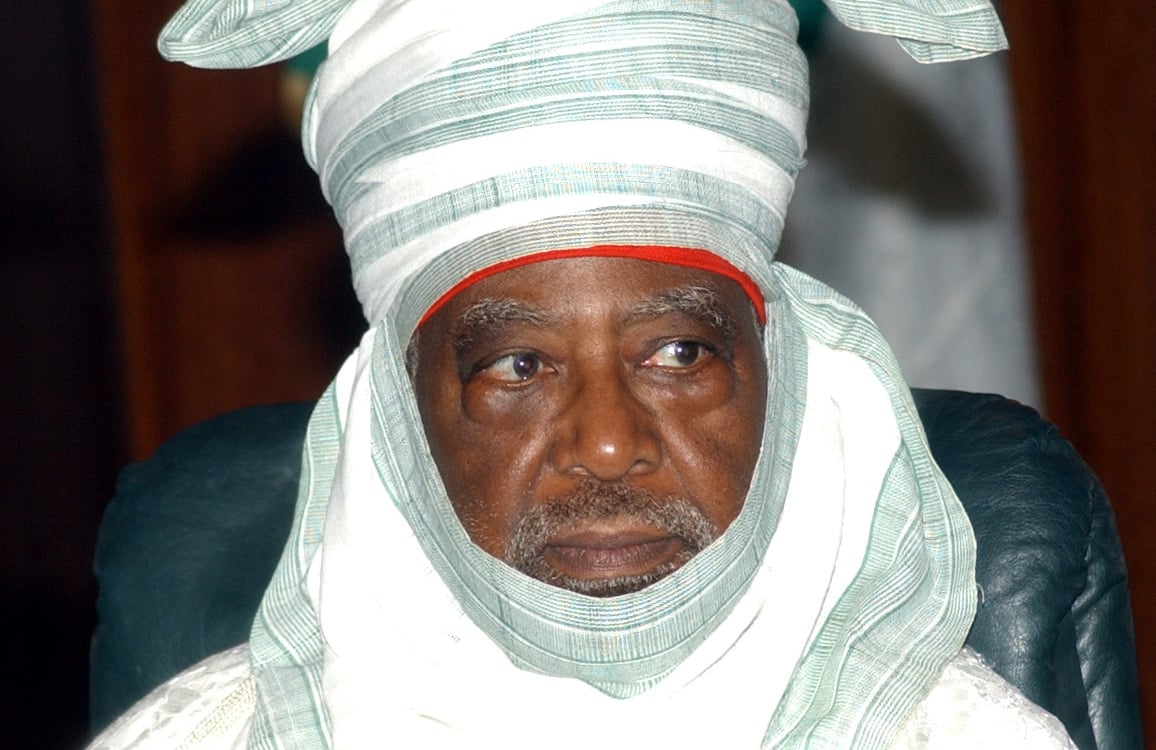
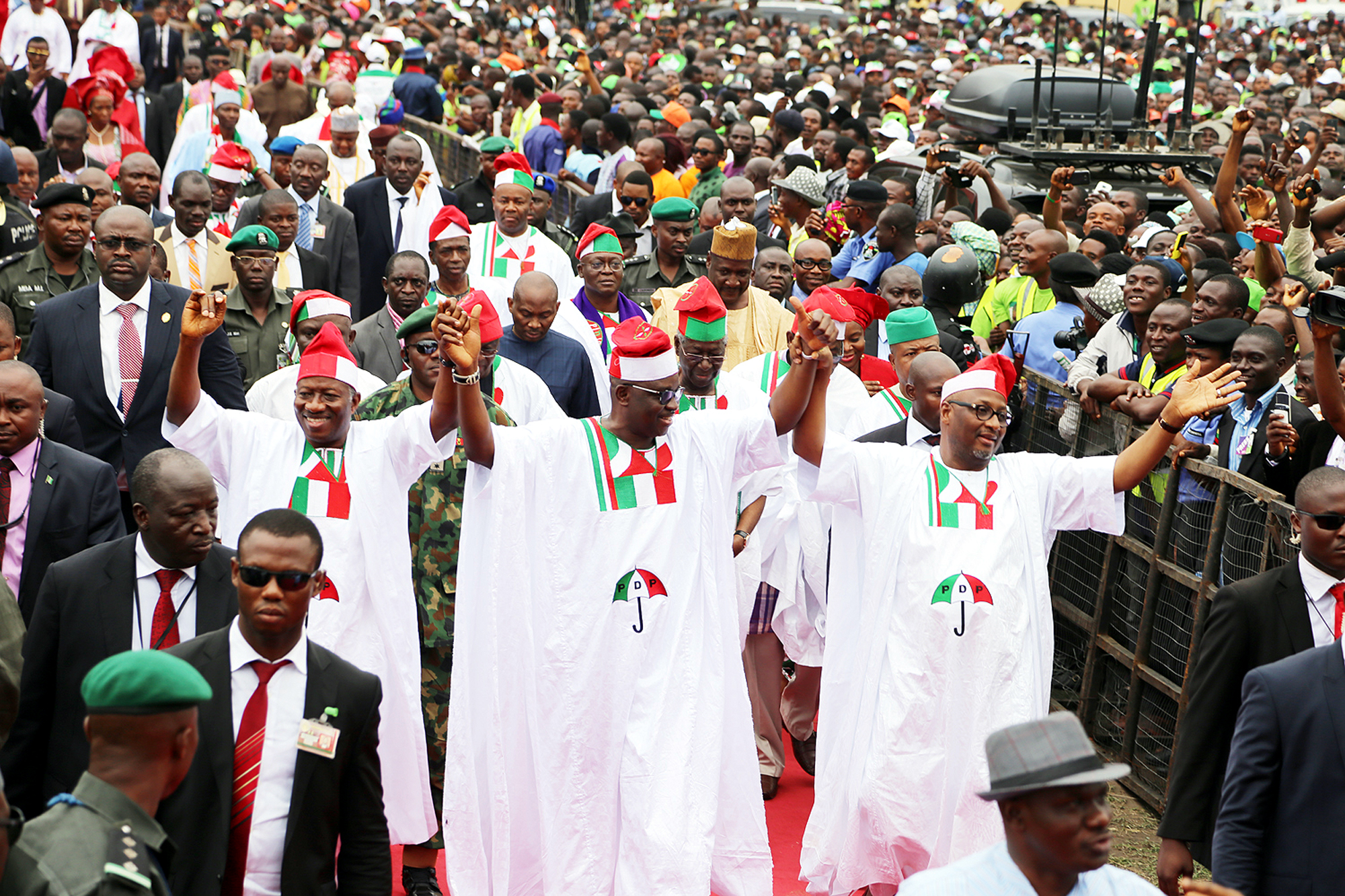
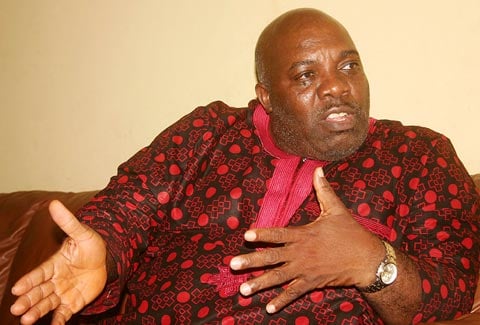
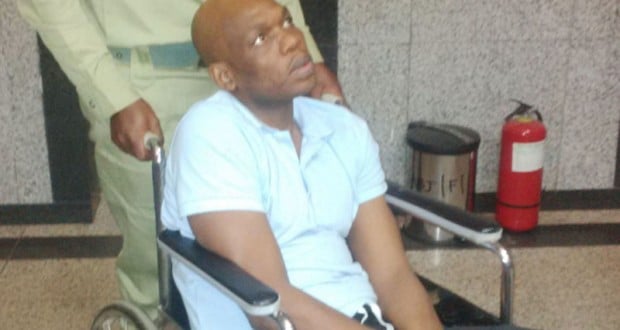
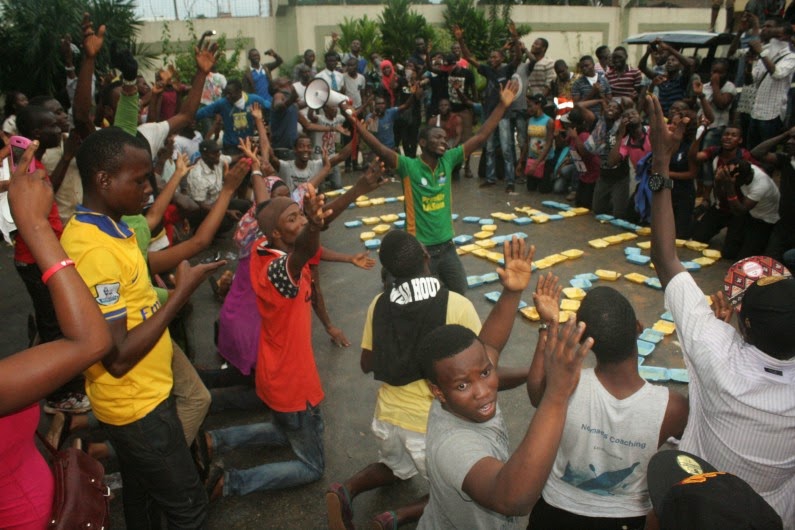
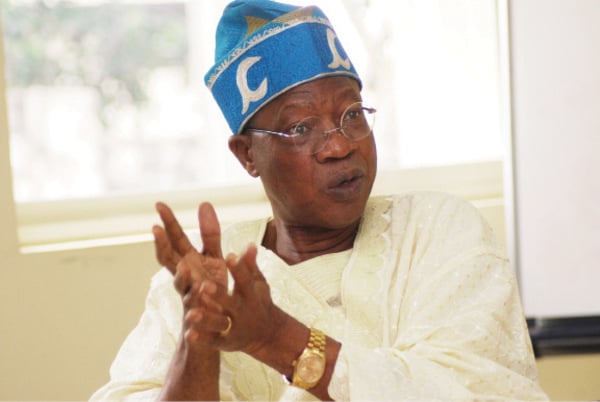

Job well done Ado Kurawa. Your article and tribute to the Father, Leader, Preacher, and indeed Peace maker- HRH Alhahi Dr. Ado Abdullahi Bayero (May His Soul be in Jannatil Firdausi)has not ommit any of his achievement. I may wish to see some record reference of His contribution to Islam, Education, Culture, Morality,Security and Defence of Northern Image. I pray that one day you will be turbarn as the prodecessor of Alh. Dr. Yusif Maitama as Dan Masanin Kano. Baba Alhaji Ado Bayero, you passed away but your legendary and bravery would not be forgotten. Your death is a total lost to Muslims, Northerners and Emiratism in Kano. Your death is a symbol of the “DOWN FALL OF NORTH”. My condolence to my mother the Bride Wife of the late Emir, Hajiya Fatima Ado Bayero, the Grand Daughter of Hajiya Tayaya, who was the Daughter to the late Alhaji Idris Aliyu Karefa-the village Head of Karefa of Tudun Wada Local Government. Allah yajikan San Kano Ado Bayero. Misbahu Shehu Karefa-Graduate of Political Science, Administrator, Radicalist, Publicity Secritary of Society Awareness For Better Democracy Initiative (SAFBEDI), Special Assistant to the President of National Association of Political Science Students(National Body).